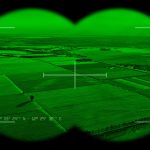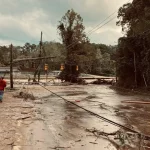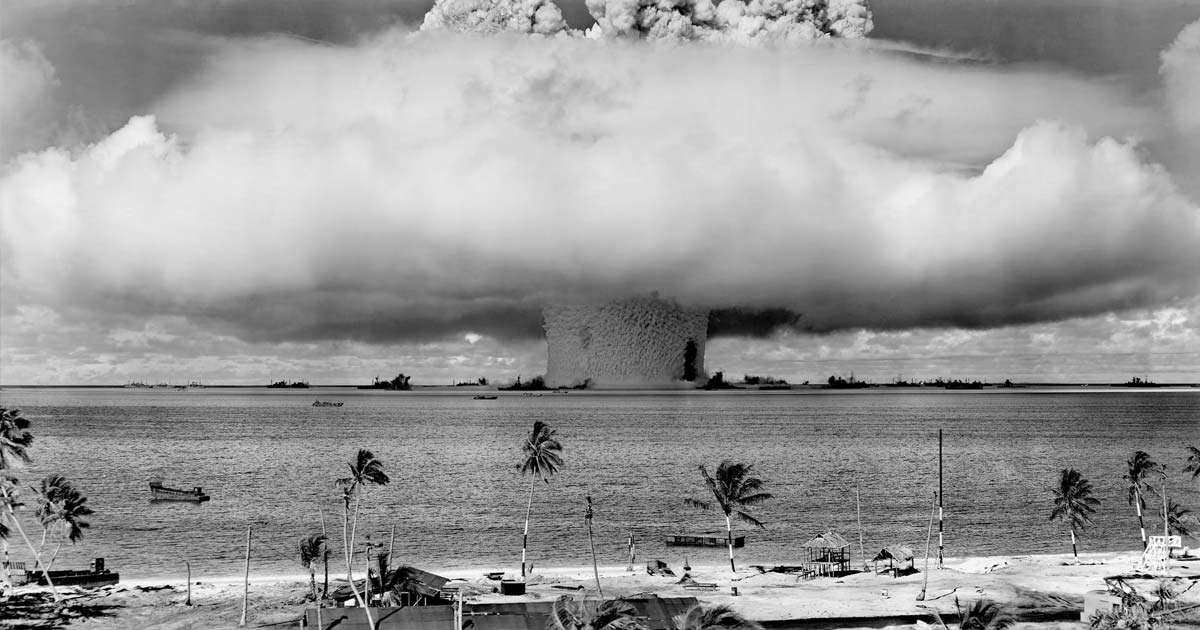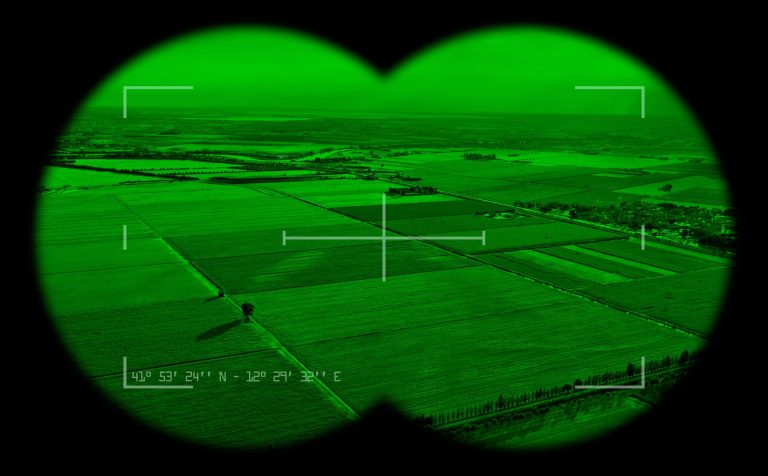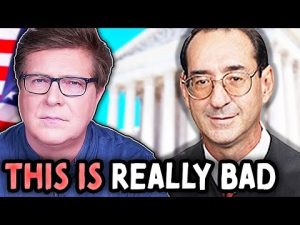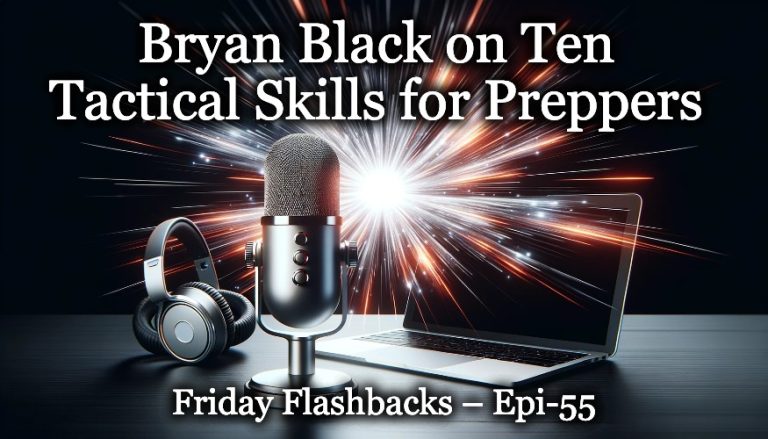The global political elites are once again pushing us to the brink of World War 3 as threats and rumors of war swirl. This time, it’s Dmitry Medvedev, Vladimir Putin’s top confidant, casting a shadow over world peace.
Putin’s aide, Dmitry Medvedev, has been warning that the world is on the brink of a Third World War. But let’s put things into perspective. Medvedev, who many believe is nothing more than Putin’s puppet, warns of a nuclear showdown if the UK sends troops into Ukraine. While this plays out on the international stage, it’s hard to overlook how conveniently this narrative serves the interests of the Biden regime and other warmongers, who may be attempting to distract the public before the elections.
As the UK supposedly contemplates deploying troops to train Ukrainian soldiers, Medvedev took to social media, threatening a Third World War. He was clear in his message: any British soldiers stepping foot on Ukrainian soil would be deemed legitimate targets for Russian forces and “ruthlessly destroyed.”
His threats come on the heels of British Defense Secretary Grant Shapps, hinting at a possibility of the UK’s involvement in Ukraine, an act which Medvedev believes is pushing the world to the brink of nuclear catastrophe.
The Russian leader’s warning didn’t stop at the British forces. He also highlighted potential targets in Germany, especially those manufacturing Taurus missiles. Russia’s concerns? These missiles might target Russian territories, obstructing supply lines to their army.
In an attempt to ease tension, Rishi Sunak, Prime Minister of the United Kingdom, said that the UK isn’t planning an immediate deployment in the conflict-stricken Ukraine.
“What the defense secretary was saying was that it might well be possible one day in the future for us to do some of that training in Ukraine,” Sunak told reporters at the start of the governing Conservative Party’s annual conference in Manchester. “But that’s something for the long term, not the here and now. There are no British soldiers that will be sent to fight in the current conflict.”
But Medvedev’s fury, it seems, had already reached its peak.
The Politics of Fear: Are WW3 Warnings Pre-Election Nonsense or a Real Threat?
Are these warnings genuine, or is there a bigger political game at play here? With the Biden administration at the helm, one can’t help but be skeptical. Is it a mere coincidence that all these alarm bells are being rung so close to the elections? And more importantly, are the elites trying to pull America into a war to divert attention from domestic issues or perhaps to play a hero before the public?
The threats from Russia aren’t just limited to military onslaught. Medvedev, in the past, has resorted to psychological warfare too. On the anniversary of the tragic September 11 attacks, he painted a grim picture of a potential nuclear or biological attack by terrorists.
While many of his statements might seem hyperbolic, they underscore a rising tension in international politics. The moves and counter-moves between significant powers are reminiscent of a high-stakes chess game with consequences that could impact millions.
As tensions rise, many governments are ramping up preparations for nuclear emergencies. The World Health Organization recently urged countries to stockpile medicines for radiological emergencies. As we reported last October, the Biden administration has already started stockpiling these medications, bringing in $290 Million Worth of Drugs for Radiation Sickness in Case of a Nuclear attack from Russia. At the time we uncovered a dystopian plan where people at NASA and other U.S. government agencies were actually theorizing that a small-scale nuclear war would be a great way to combat global warming — yes these people are really that sick and twisted!
What Would a Nuclear War or Nuclear EMP Attack Look Like?
Back in December 2018, the Department of Homeland Security, in an unprecedented move, warned the public that our electric grid is a “prime target” and warned that Americans needed to be prepared for up to six months without electricity, transportation, fuel, money, and healthcare. The CDC, around the same time, started prepping the public for potential nuclear strikes on American soil.
Back in 2019, Russian State T.V. broadcasted a list of U.S. military facilities that Moscow would target in the event of a nuclear strike and is claimed a hyper-sonic missile they were developing could hit anywhere in the United States in less than five minutes. Potential targets include the Pentagon, Fort Richie, Jim Creek, McClellan, and the presidential retreat in Camp David, Maryland.
The military’s report about the consequences of an Nuclear EMP-style attack paints a dystopian picture.
In that report, from the Air Force’s Air University, the military warned an EMP-style attack could wipe out the United States, democracy, and the world order. They also warned that:
- 99 nuclear reactors would likely melt down without electricity to cool them.
- 4.1 million would be displaced from areas around the nuclear plants as the radioactive cloud spread.
- Military and commercial jets, such as those built by Airbus, could be degraded. “Alarmingly, aircraft designed to carry large numbers of people and sizable cargo are allowed to operate without certainty about their level of resilience.”
- Bases would be cut off, making defense and counter-attacks impossible.
- Civil unrest would start in “hours.”
- Power and GPS could go dark. “An EMP would cause instantaneous and simultaneous loss of many technologies reliant on electrical power and computer circuit boards, such as cell phones and GPS devices.”
- “Failures may include long-term loss of electrical power (due to loss of emergency generators), sewage, freshwater, banking, landlines, cellular service, vehicles.”
- Eighteen months or more are required to replace key elements of the electric grid that would be damaged or knocked out.
The scenario isn’t just a reflection of strained Russia-UK or Russia-US relations. It’s indicative of a larger, more concerning trend: the increased normalization of war rhetoric in politics. While leaders play their games, the regular people, far removed from the seats of power, stand to lose the most.
Surviving a Nuclear Blast
While the thought of a nuclear attack is undoubtedly terrifying, as long as you are not at ground zero, you can survive if you take the right steps. If it’s a lone single blast, those outside the epicenter have a pretty good chance of survival. I advise heading over to our main article on surviving a nuclear explosion and then making sure you and your family are prepared to survive a long-term crisis.

